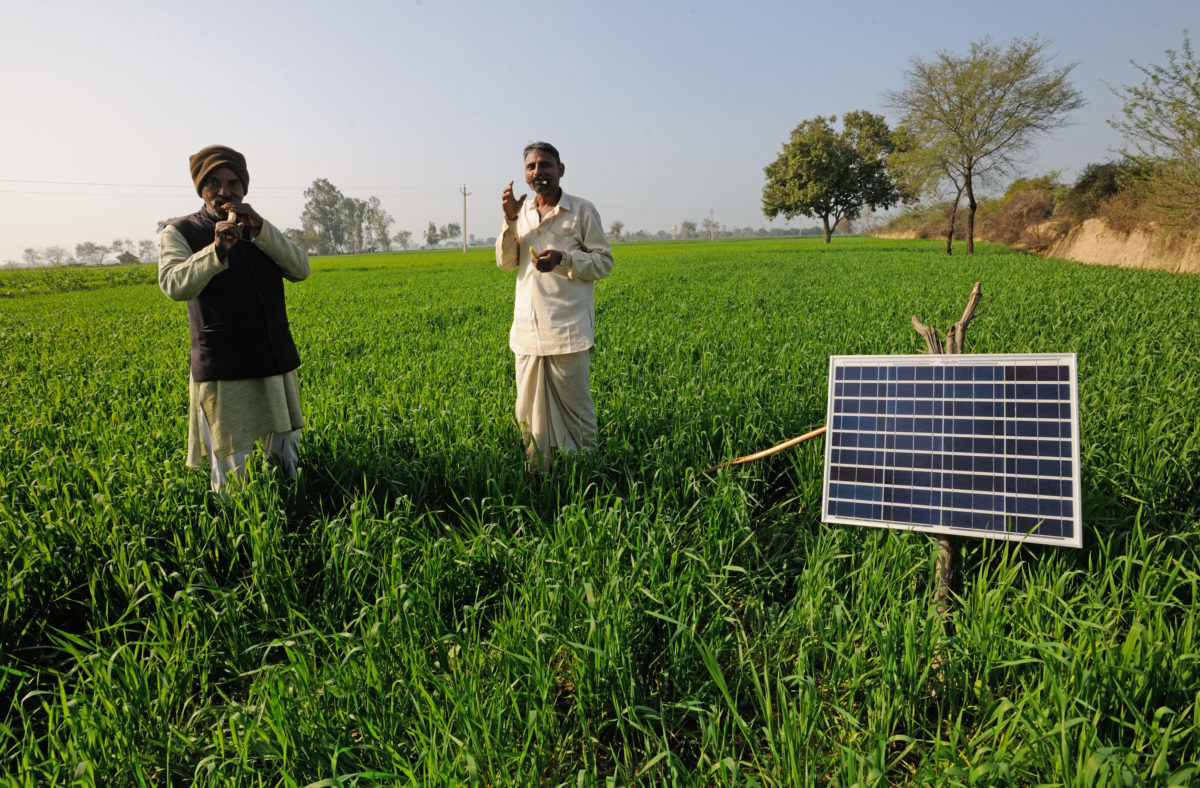An agreement of technical cooperation has been signed between the Ministry of New and Renewable Energies (MNRE), government of India, and Deutsche Gesellschaft für Internationale Zusammenarbeit (GIZ) GmbH India, on behalf of the Government of the Federal Republic of Germany.
The partnership is aligned with the Indo-German Energy program, Green energy Corridors (IGEN – GEC ). The objective of the program is to improve sector framework and conditions for grid integration of renewable energies.
This collaboration includes an agreement of concessional loans up to €1 billion that will be provided by Germany through the German Development Bank. A further €10 million loan will also be provided for technical assistance in forecasting, balancing, market design, network management and demand-side energy efficiency, implemented by GIZ.
These contributions have been further increased by a concessional loan up to €400 million for transmission infrastructure, and an additional €7 million for training activities in the photovoltaic solar rooftop sector and energy efficiency in residential buildings; again, under the technical assistance of GIZ.
The MNRE has scaled up its initiatives and programs in recent years as it builds towards its 175 GW of renewable energy target for 2022. Being committed to such objectives, GIZ and MNRE will work together to improve market mechanisms and regulations for the integration for renewable energies.
The other areas of focus will include the advancement of technical and institutional conditions in specified target states, regions, and also at a national level, adding human capacities to handle systemic (strategic, managerial, financial, technical) renewable energies integration in an efficient and effective manner.
The above agreement was signed in the presence of Minister of State for Power, Coal, New and Renewable Energies and mines, Piyush Goyal, and German ambassador to India, Martin Ney. The agreement was signed by Wolfgang Hannig, country director GIZ GmbH India, and A.N. Sharan, Joint Secretary, MNRE.
Goyal said: “I am delighted that this relationship between GIZ and India will result in improved market mechanisms and regulations, help us train manpower to ensure grid stability and integration of renewables into the grid, and ensure a safer and secure grid that can handle cyber challenges.” The minister added that Germany is a reliable partner and has supported India’s goal of sustainable development through bilateral cooperation.
Martin Ney remarked: “When in July 2012 the Power Grid Corporation of India submitted a comprehensive and well elaborated ‘Transmission Plan for Envisaged Renewable Capacity’ to MNRE, it paved the way for India’s ambitious goals to transform its power system by significantly increasing the share of renewable energies in the energy mix.”
Also in Germany’s Energiewende the evacuation and grid integration of renewable energy plays a pivotal role with major technological and fiscal challenges. Both the countries have very constructive dialogue under the Indo-German Energy Forum (IGEF).
Author: Ajinkya Waradpande
This content is protected by copyright and may not be reused. If you want to cooperate with us and would like to reuse some of our content, please contact: editors@pv-magazine.com.









By submitting this form you agree to pv magazine using your data for the purposes of publishing your comment.
Your personal data will only be disclosed or otherwise transmitted to third parties for the purposes of spam filtering or if this is necessary for technical maintenance of the website. Any other transfer to third parties will not take place unless this is justified on the basis of applicable data protection regulations or if pv magazine is legally obliged to do so.
You may revoke this consent at any time with effect for the future, in which case your personal data will be deleted immediately. Otherwise, your data will be deleted if pv magazine has processed your request or the purpose of data storage is fulfilled.
Further information on data privacy can be found in our Data Protection Policy.